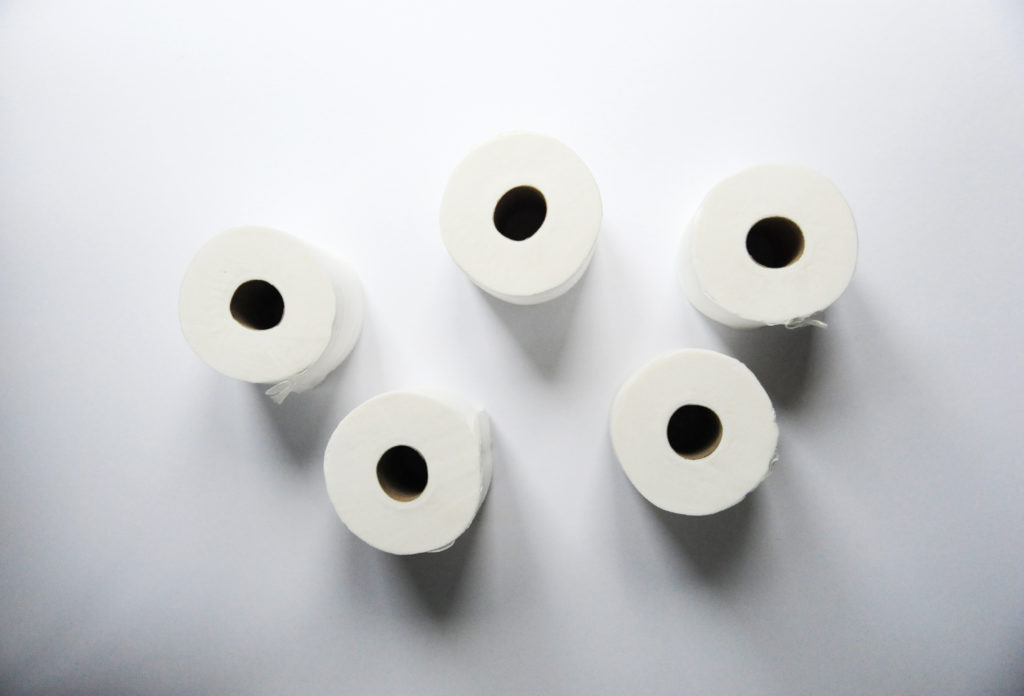A new report, POVERTY IN THE PANDEMIC: The impact of coronavirus on low-income families and children, has shown the far-reaching impact of COVID-19 on families living on a smaller income.
The report, published by the Child Poverty Action Group and the Church of England, was based on a survey of 285 low-income families, and in-depth interviews with 21 of these families.
• 76% of families said they were finding it ‘quite difficult’ or ‘very difficult’ to cope financially once the pandemic started.
• Nearly 9 in 10 families said they faced extra financial costs because of coronavirus – typically, more being spent on food, electricity and other essentials. Some households grew because older children or elderly relatives returned home.
• Almost half the respondents said they had mental or physical health problems; these were either pre-existing and had been worsened by the pandemic, or they were new. Triggers for stress included money worries, the rising cost of food and utilities (such as higher electricity bills), and issues with benefits. Many reported their children were stressed or experiencing mental health issues.
• Parents on low income who were furloughed from their jobs found that the 20% pay cut in wages made a big difference to their budget; this sometimes meant they could no longer afford essentials. Others had been made redundant during the pandemic and struggled to find a new job, especially to fit around childcare.
• While food and utilities are the biggest costs people on low income discussed, 52% of those surveyed said coronavirus had affected their ability to pay for child-related costs, such as nappies, baby products or children’s clothes. 46% said their ability to pay the rent or mortgage had been affected, too.
• The free school meals voucher scheme had helped many families surveyed, but some had problems with the system or were rejected from it. Food banks were another major source of support, and the Trussell Trust (listed in the Toiletries Amnesty directory) has reported that the number of food parcels given to families nearly doubled in April 2020 compared to April 2019.

At Toiletries Amnesty, we recognise that having enough toilet roll, soap or deodorant is just one in a long list of concerns for people living in poverty, but it really does matter. Pictures of stockpiled toilet rolls, soap and hand sanitiser in the early days of lockdown, and the huge price rises for those essentials, demonstrated the gap between the ‘haves’ and the ‘have-nots’.
With so many toiletries sitting unused and unwanted in bathroom cabinets and cupboards across the UK, redistributing these readily available products is the obvious first step to tackling hygiene poverty – getting these items to food banks, community groups and charities on the ground, where they can be shared with the people who urgently need them.

